As a SEO strategist, I know that search engine optimization (SEO) is crucial to the success of any website.
SEO involves optimising your site’s content and structure to improve its visibility in search engine results pages (SERPs).
The ultimate goal is to rank as high as possible for relevant keywords or phrases, driving more organic traffic and potential customers to your site.
While there are many different factors involved in SEO, including on-page optimizations like meta tags and keyword usage, off-page tactics such as link building are also essential.
To achieve higher organic rankings, it’s important to have a well-rounded approach that considers all aspects of SEO best practices.
In this article, we’ll dive into some key strategies that can help you get ahead in the competitive world of online search.
Whether you’re an experienced marketer looking for new techniques or just getting started with SEO, these tips will provide valuable insights into how to optimise your website for maximum impact.
Understanding Keyword Research And Analysis
Have you ever wondered why certain websites rank higher than others on search engine result pages (SERPs)? The answer lies in the effective use of keyword research and analysis.
In today’s digital age, optimising your website for search engines is crucial if you want to attract more organic traffic and gain an edge over your competitors.
Keyword research involves finding the terms that people are searching for online when looking for products or services like yours. By analysing these keywords, you can tailor your content to meet their needs and increase visibility on SERPs.
However, it’s not just about choosing the most popular keywords; understanding user intent behind those queries is equally important. This requires digging deeper into what motivates users to type specific words into a search engine and then using that insight to produce valuable content that answers their questions.
As a SEO content strategist, mastering this skill is vital since it helps create a targeted audience base by providing personalised solutions through engaging content.
As we move forward with our discussion on improving organic rankings let us now shift our focus towards ‘on-page optimization techniques for seo.’ These practices lay out some fundamental steps which ensure better ranking results while enhancing overall web page quality.
On-Page Optimization Techniques For Seo
Now that we understand the importance of keyword research and analysis, let’s move on to implementing those keywords in our website through on-page optimization techniques.
On-page optimization refers to any changes made directly to your website’s content or HTML source code. By properly optimising your pages for search engines, you can improve their relevance and authority, leading to higher organic rankings.
Here are some key strategies for effective on-page optimization:
- Content Optimization
- Ensure your content is high-quality, relevant, and informative
- Use targeted keywords naturally throughout the page
- Technical Optimization
- Optimise title tags, meta descriptions, header tags, and image alt text with target keywords
- Improve site speed and mobile-friendliness
By following these best practices, you can create a strong foundation for your SEO efforts.
In the next section, we’ll explore off-page SEO tactics for building quality links back to your website.
Off-Page Seo Tactics For Building Quality Links
When it comes to search engine optimization (SEO), building high-quality links is crucial for improving your website’s organic rankings. Off-page SEO tactics involve strategies that focus on promoting and linking back to your site from external sources. These tactics aim to increase the authority, relevance, and trustworthiness of your website in the eyes of search engines.
One effective off-page strategy for link-building involves creating valuable content that people naturally want to share and link to. This can include blog posts, infographics, videos, or other types of media that provide useful information or entertainment value. By consistently producing quality content, you attract more inbound links from reputable sources which help boost your website’s visibility and credibility online.
Other popular off-page techniques include guest blogging on relevant sites, participating in industry forums or Q&A platforms, and leveraging social media channels to promote your brand and engage with followers who may be interested in linking back to your site.
Transitioning into measuring success: analysing metrics and performance is critical when evaluating the effectiveness of any SEO campaign. While building quality links through off-page tactics can improve your organic rankings over time, tracking key metrics such as traffic volume, bounce rates, conversion rates, keyword ranking positions are essential for determining how well these efforts are paying off. In the next section, we’ll explore some best practices for monitoring these metrics to assess whether your SEO strategy is delivering the desired results.
Measuring Success: Analysing Metrics And Performance
As we explored in the previous section, off-page SEO tactics can be incredibly effective for building quality links and improving your website’s organic rankings. In fact, according to recent studies, backlinks remain one of the most important factors search engines consider when ranking websites. But while off-page strategies are certainly crucial components of any successful SEO campaign, they’re far from the only ones.
To truly achieve lasting success with your search engine optimization efforts, it’s essential to measure your site’s metrics and performance regularly. From analysing traffic sources and bounce rates to monitoring keyword rankings and conversion rates, there are countless data points that can help you refine your strategy over time.
With a comprehensive understanding of how your site is performing across various channels and platforms, you’ll be better equipped to make informed decisions about where to focus your efforts next.
As search algorithms continue to evolve at a rapid pace, staying ahead of the game: keeping up with seo trends and updates has never been more critical. By remaining vigilant about emerging best practices and industry developments, you can stay competitive in today’s crowded digital landscape.
Whether it involves exploring new content formats or experimenting with cutting-edge link-building techniques, there are always new opportunities to improve your site’s visibility online – as long as you’re willing to adapt and innovate along the way.
Staying Ahead Of The Game: Keeping Up With Seo Trends And Updates
As a content strategist, you must always be on top of your game to ensure that your website is ranking high in search engine results pages (SERPs). Google’s algorithm is constantly evolving, which means SEO strategies need to keep up. It can be challenging to stay current with all the updates but it’s crucial for success.
One way to stay ahead of the curve is by reading industry blogs and attending conferences or webinars. These resources will provide insight into the latest trends, tactics, and best practices for optimising your website.
Additionally, networking with other professionals in the field can help you gain valuable knowledge about what works and what doesn’t. By staying informed and connected, you’ll have a better understanding of how to adjust your strategy as needed to maintain high organic rankings.
Another useful tip is to conduct regular audits of your site’s performance using tools like Google Analytics or SEMrush. This will give you data-driven insights into what keywords are driving traffic to your site and where improvements can be made.
As algorithms change, so do user behaviour patterns, so keeping track of these metrics is essential for adapting quickly when changes occur. Ultimately, staying proactive in monitoring trends and staying adaptable will allow you to remain competitive in an ever-changing digital landscape without compromising on organic rankings or quality content delivery.
Frequently Asked Questions
How Do I Choose The Right Seo Agency For My Business?
Choosing the right SEO agency for your business can be as daunting as finding a needle in a haystack. With so many options out there, it’s easy to get lost in the noise and settle for an agency that might not be the best fit for you.
But fear not! As a content strategist with years of experience working alongside various SEO agencies, I’m here to guide you through the process.
First things first: focus on your specific needs and goals. Are you looking to increase website traffic? Boost online sales? Improve brand recognition? Once you have a clear idea of what you want, start researching agencies that specialise in those areas.
And remember, don’t just look at their portfolio or case studies – dig deeper into their methodology, communication style, and overall company culture. After all, this is going to be a long-term partnership – make sure it’s one that feels like a good match from the beginning.
As they say, Rome wasn’t built in a day – but with the right SEO partner by your side, your digital empire could rise faster than you think!
Is It Necessary To Use Paid Advertising Alongside Seo Efforts?
Wondering whether to use paid advertising alongside your SEO efforts? It’s a common question for businesses looking to optimise their online presence.
While there is no one-size-fits-all answer, the decision ultimately depends on your specific goals and budget.
Paid ads can provide an immediate boost in traffic and visibility, but they come at a cost.
On the other hand, SEO focuses on long-term organic growth that may take time to see results but can be more sustainable in the long run.
The key is finding the right balance between paid and organic strategies that align with your business objectives.
How Do I Optimise For Voice Search?
Optimising for voice search has become increasingly important as more and more people are turning to virtual assistants like Siri, Alexa, or Google Assistant to find information.
To optimise for voice search, it’s essential to consider the conversational tone of these searches and use natural language keywords in your content that align with how people speak.
It’s also crucial to ensure that your website is mobile-friendly since most voice searches occur on smartphones.
By incorporating structured data markup and using long-tail keywords, you can improve your chances of appearing in featured snippets – the concise answers read aloud by virtual assistants – which will ultimately boost your visibility and traffic.
How Do I Handle Duplicate Content On My Website?
Handling duplicate content on your website is crucial to maintain a good user experience and avoid penalties from search engines.
The first step is identifying the duplicate pages, which can be done using tools like Screaming Frog or Google Search Console.
Once identified, you have several options for addressing the issue, such as consolidating similar pages into one or using canonical tags to indicate the preferred version of the page.
It’s important to regularly check for new instances of duplicate content and take action promptly to ensure that your website continues to provide unique and valuable content for users.
How Do I Improve My Website’s Load Speed For Better Seo Results?
‘Time is money,’ as the saying goes, and in today’s digital age, it couldn’t be more accurate. Slow load speeds on your website can lead to high bounce rates and lost revenue.
As a SEO content strategist, optimising site speed should always be top of mind for better organic rankings. There are various ways to improve load times such as compressing images or enabling browser caching. Additionally, choosing reliable hosting services and removing unnecessary plugins can also have a significant impact.
Don’t let slow page loads hold you back from achieving online success; take action now to increase your website’s speed for better SEO results.’
Conclusion
In conclusion, as a SEO content strategist, I highly recommend choosing an agency that has experience and success in your industry. Look for transparent communication, clear goals, and measurable results.
Remember that while paid advertising can be beneficial, it is not necessary to achieve higher organic rankings.
As technology evolves, optimising for voice search becomes more important. Implementing natural language keywords and creating FAQ pages can improve your chances of being featured in voice search results.
When dealing with duplicate content on your website, use canonical tags or redirect one URL to the other to avoid confusion for both users and search engines.
Finally, load speed plays a crucial role in ranking on search engines. Use tools like Google PageSpeed Insights to identify areas for improvement such as compressing images and reducing HTTP requests.
As the proverb goes, ‘slow and steady wins the race.’ Take the time to implement these best practices consistently over time and watch your organic rankings climb steadily towards the top.









